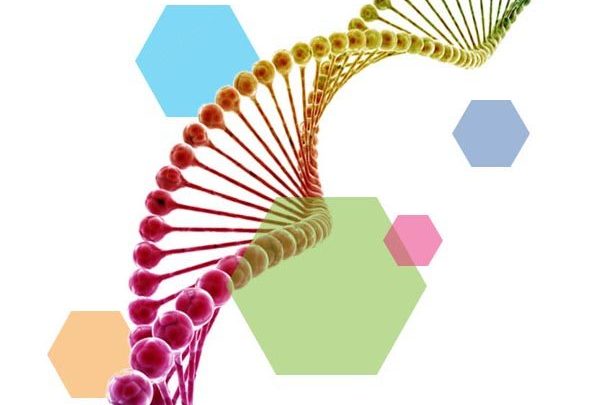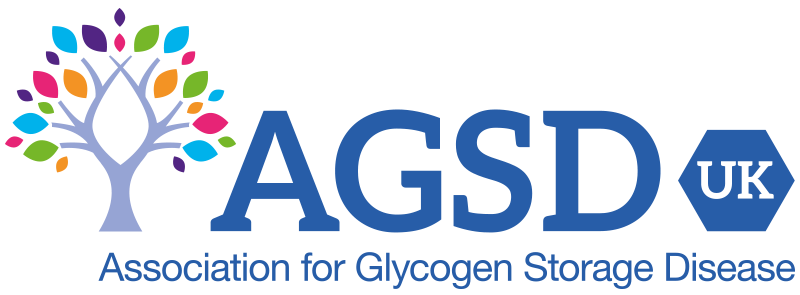Children with GSD1 are unable to release glucose from liver glycogen. If untreated this results in prolonged periods when their blood sugar level is too low. They become unwell in early childhood with sweating, irritability, poor growth and muscle weakness. Their livers become enlarged because of excessive accumulation of glycogen that cannot be broken down normally. In addition to these problems, children with GSD1 can develop frequent mouth ulcers and are at increased risk of infection.

| Other names |
1a: Glucose-6-phosphatase deficiency, |
| Affected | Liver |
| Inheritance | Autosomal recessive |
| Incidence | Approx. 1 in 100,000 |
| UK diagnosed | About 300 (UK diagnosed explained) |
| Symptoms |
Sweating, irritability and poor growth during childhood. |
| Secondary symptoms |
Mouth ulcers, increased risk of infection and muscle weakness. |
| Treatment |
Initially glucose via a nasogastric tube. As children get older, glucose is replaced with cornstarch taken orally. |
| Outlook |
Most children do well, symptoms improve as they reach adulthood. |
How can we help?
Diagnosis & Follow up
Introduction, Symptoms & Treatment, Parents’ guide, Management
Information & Support
Coordinator, Map of Patients, Links
Diet & Nutrition
Content coming soon!
Research & Development
First gene therapy trial.
Read some personal stories
Do you have an interesting personal story to tell? Just message us or visit the Notes for contributors.
All GSDs pulling together makes us all stronger.






